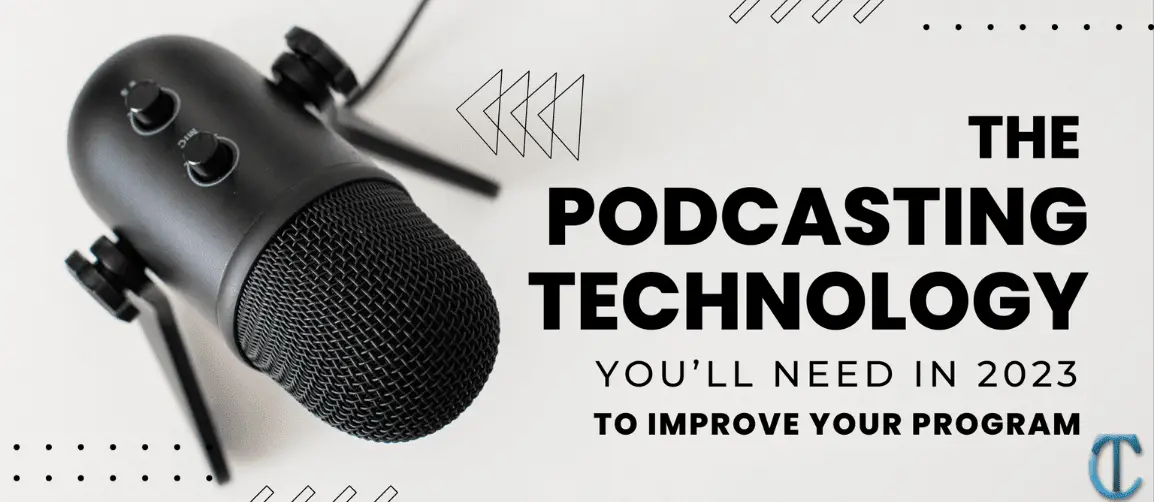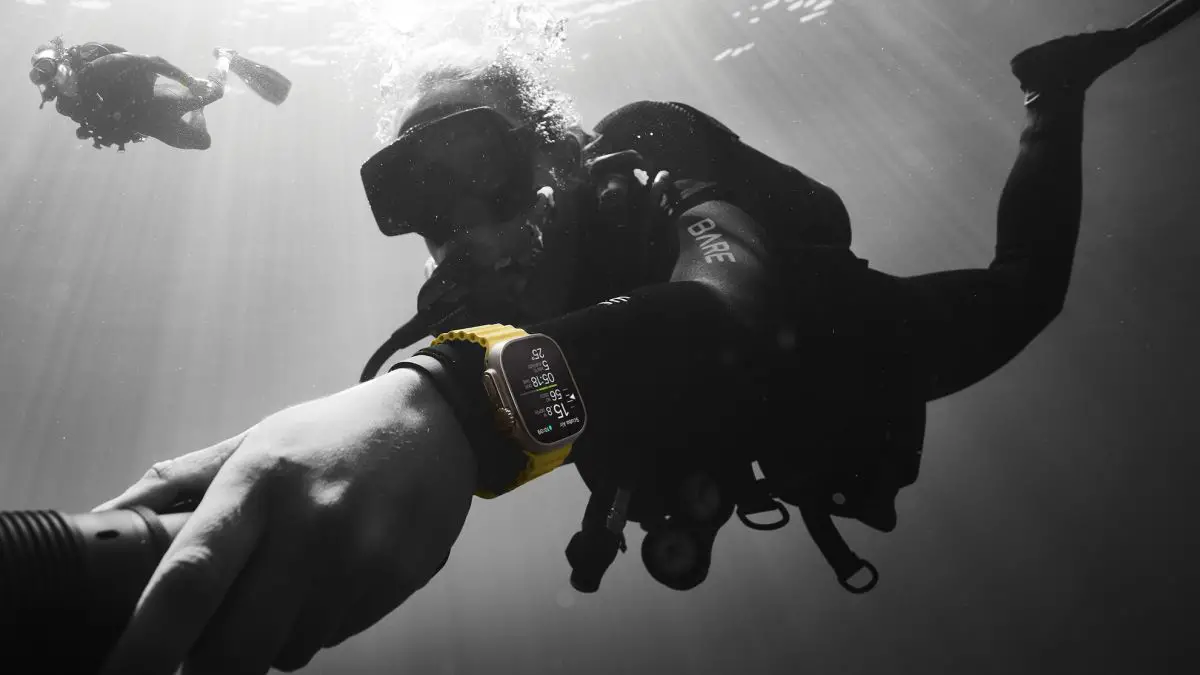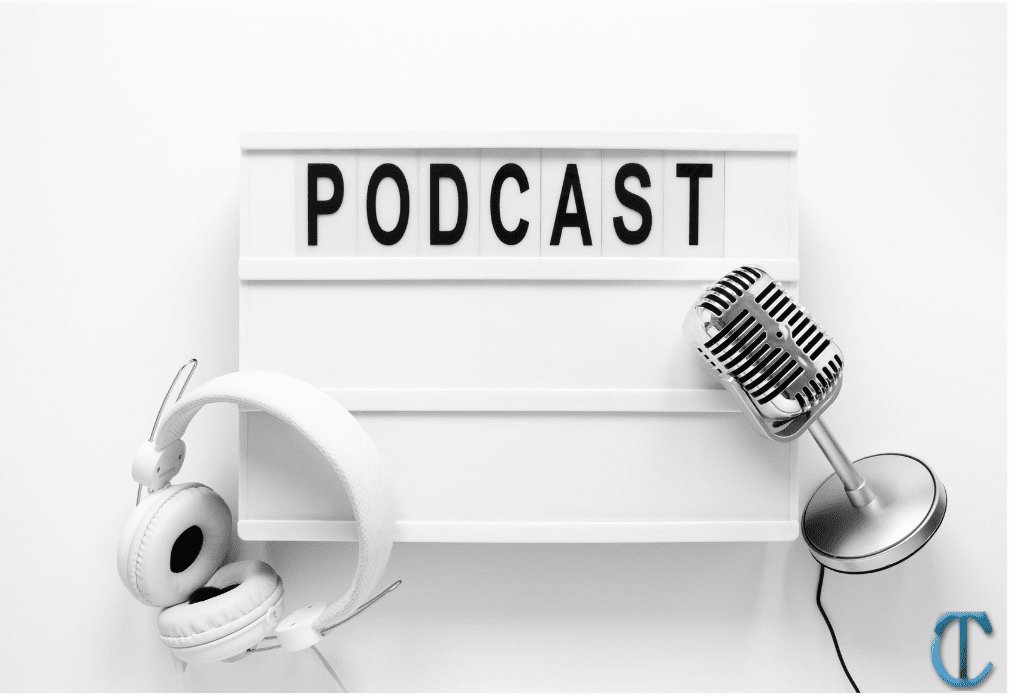Introduction
Podcasting is one of the most effective ways to reach a mass audience. It is
devoid of regional boundaries, allowing influential professionals to easily
spread their message to a global audience.
As the trend for
podcasting continues to grow, podcasters are keen on providing their subscribers with the best audio and
video experience.
Likewise, there are many Patreon-like sites to help new and experienced
podcasters improve the quality of their programs and attract a larger
audience.
But if you’re new to podcasting and looking for Patreon alternatives, what are
the right options? More importantly, which aspects of your podcasts must you
work on to get the best results?
This post will discuss the best podcast platforms and some useful podcasting
tips to make your podcasts more effective in 2023.
Podcasting Technologies and Tools for Better Podcasts
As a podcaster, getting greedy and trying fancy tools for everything is easy.
But a high-quality podcast combines many things, and they aren’t necessarily
fancy. These tools typically include:
- Scheduling tools for the guest lineup
- Remote interview technologies
-
Podcasting platform for engaging and providing subscribers with a
high-quality experience.
So, let’s dive in to understand the best technologies for 2023 that will help
you create professional and highly interactive podcasts for your audience.
Voice Recording Technology
If you’re a beginner at podcasting, make sure to use mid-quality voice
recording tools as you get better at using technology and recording stuff.
But, of course, you can eventually work with high-end recording tools too. For
voice recording, the simplest tool is your smartphone. Generally, a smartphone
microphone is good enough to give you high-quality results.
As a rule of thumb, set a $100 budget for voice recording. Then, you can start
with Air. FM is a free tool for voice recording and editing your podcasts.
Podcasting Platform
Picking the right podcasting tool can be difficult, but it’s perhaps the most
critical aspect of improving the efficacy of your podcasts. While there are
many options and alternatives for Patreon, it’s important to focus on the
right features.
Here are some essential features to consider.
Reaching a Larger Audience
Good
Patreon like sites
will ensure you reach the maximum audience with your podcasts. So, you can
create subscription-based podcasts, which don’t only increase your subscribers
but also enable you to deliver the best services to them.
Converting Tools
In the beginning, only some listeners are your subscribers. However, you must
take advantage of every opportunity to convert them into subscribers.
So, your platform needs to have buttons and other features that make it easy
for listeners to sign up and get to your paid content.
Personalized Content
The top podcasting platforms feed their users with personalized episodes. As a
result, you can create better subscriber engagement with your podcasts.
Feedback Loops
If your platform provides a user engagement tool, it can have lasting impacts
on the users as they interact with the podcasters after or during the show.
For instance, AMA (Ask Me Anything) tools are great for helping the audience
talk to podcasters.
Among the many platforms that provide high-quality features for listener
engagement, Buzzsprout, Transistor, PodBean, and Supercast are the top
podcasting platforms to focus on.
Transcription Tools
Transcription technologies
can be a powerful addition to your podcast. It can increase the reach of your
podcasts by converting your audio files to written text.
Transcription may not always be needed, but if you have a popular or important
guest on your show, adding transcription services is a great idea. It can
amplify the impact of your posts and possibly get you more podcast
subscribers.
Among the top transcription services, Scribie, Otter.ai, and Rev are some
great options. Scribie charges about 80 cents per minute of audio recording,
and it takes about 36 hours to convert your audio files to text.
Rev charges more, i.e., $1.5 per audio minute, and it can break your audio
into different blocks. Also, you can pay extra for AI-based transcription, and
there are also closed captioning services.
Guest Scheduling Tools
For podcasters who have regular guests on their shows, it’s a great idea to
use scheduling tools. This is especially useful if you plan your interviews
strategically. So, you can have guests talk about different aspects of a topic
in a podcast series.
Likewise, start multi-episode podcasts to cover a larger topic too. A
scheduling tool like Calendly can help you track and schedule your interviews
with various guests. It has built-in calendar features, so you don’t need to
integrate with
Calendar tools.
Moreover, it allows your guests to pick the interview time, clearing up any
confusion and overlapping dates.
Remote Interviewing
Remote interviewing is one of the most powerful features that makes podcasting
doable for everyone. Thanks to these tools, you don’t always need a studio to
create professional podcasts.
But, more importantly, you can connect with your guests from any part of the
world without needing them to appear physically on your show.
Most of these tools are free. For instance, you can use Zoom, Skype, Google
Meet, Google Hangouts, etc. to connect with your guests. Moreover, specialized
podcasting tools for remote interviews provide more ease to podcasters.
Quick Podcasting Tips for New Podcasters
Knowing the most essential technologies for podcasting in 2023, here are some
quick tips to make your podcasts more effective for your audience.
-
Always prepare a podcast template because it improves the flow and purpose
of your podcast. Moreover, it’s easier to define the podcast format, and you
can arrange for the needed tools effectively. It also improves the
listener’s experience, as they can anticipate what’s coming.
-
Podcasts rely heavily on audio quality. So, it would help if you used the
right audio equipment, like microphones, that delivered clear and soothing
audio quality to the listeners. Moreover, if you are conducting remote
interviews, ensure your guests have the right audio quality to make your
podcasts more impactful.
-
It’s a good idea to build a studio for your podcasts. A quiet and noise-free
podcast environment helps deliver the better audio quality, keeping the
listeners interested.
-
It’s important to keep your podcasts low-budget when starting. So, look for
free software and editing tools to process your initial few podcasts. You
can always improve your technique as you progress.
-
Publish your podcasts on more than one hosting platform to reach a larger
audience. Hence, it’s a good way to convert more subscribers and yield
monetary benefits from your podcasts.
Conclusion
A good podcast is just a well-planned one, with all the necessary tools and
equipment to deliver the best experience to the listeners. Now that you know
the right technologies for 2023, creating engaging podcasts for your channel
should be easier.












Leave a Reply